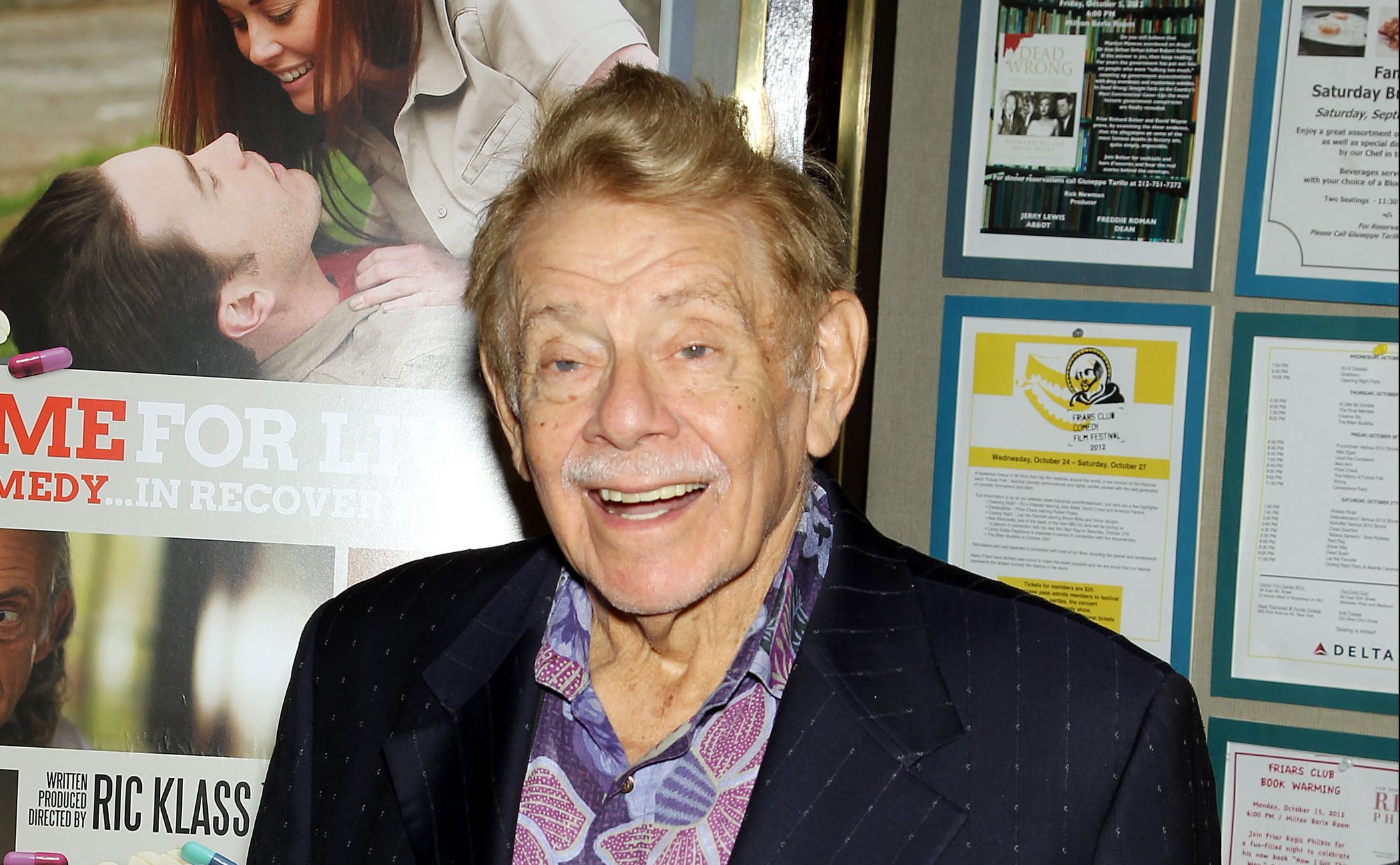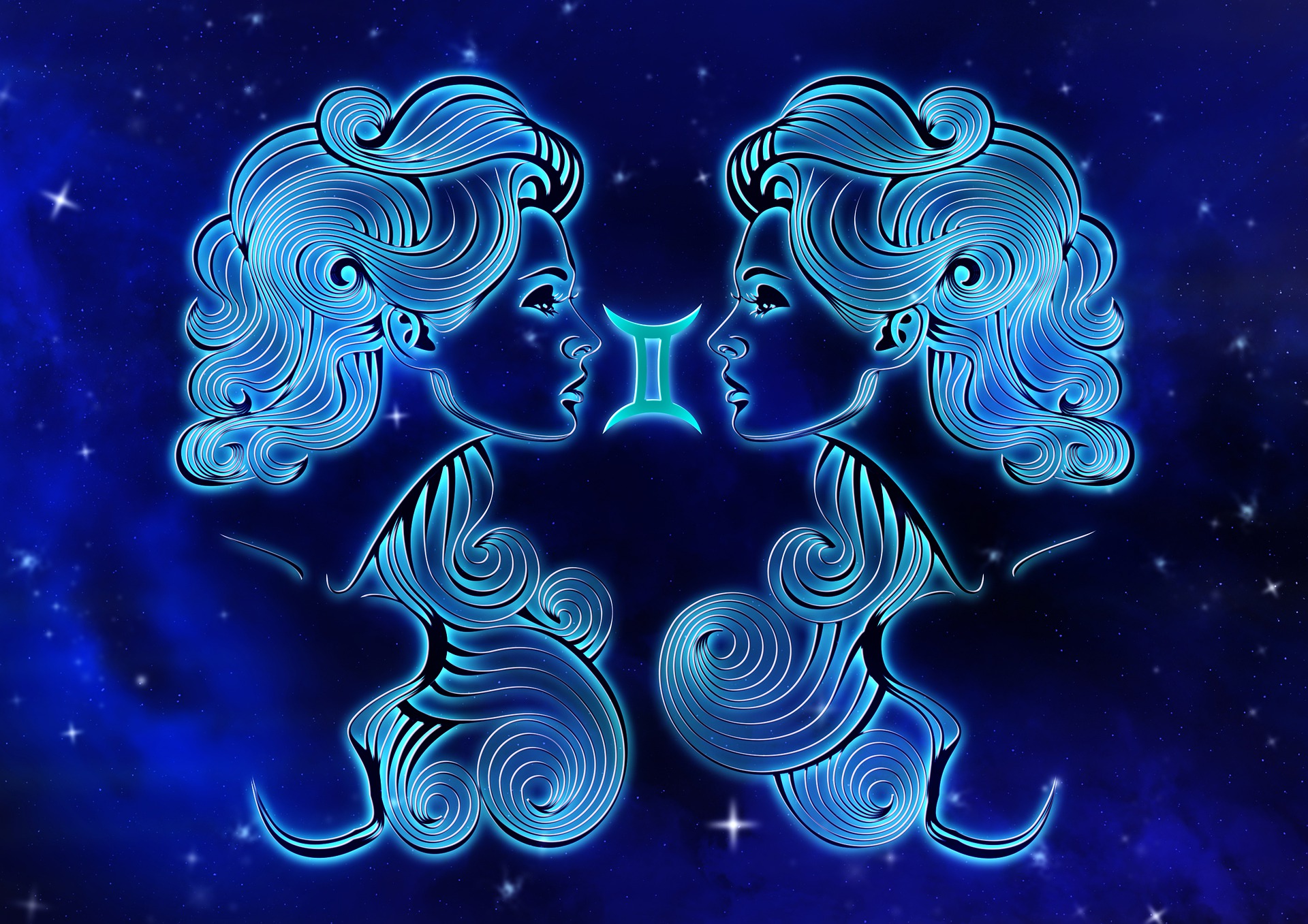Jerry Stiller, the Brooklyn-born entertainer who formed a popular comedy act in the 1960s with his wife, Anne Meara, before playing crotchety, kvetching fathers on network sitcoms — most notably the hypertensive Frank Costanza on “Seinfeld” — died at the age of 92.
The cause was natural causes, his son Ben Stiller announced Monday.
Mr. Stiller rose to national prominence on a barrage of one-line jokes and sly ethnic humor, with his Jewish background and Meara’s Irish Catholic heritage forming a comic motif. With age, he transformed into a master of righteous indignation and raucous anger, drawing on memories of fights between his parents to create some of the funniest moments of the 1990s’ most celebrated and popular sitcom.
As Costanza, Mr. Stiller was perpetually struggling to control his temper, blood pressure and contempt for his son, George, a balding schlemiel played by Jason Alexander. Among the few tools he used to regain his composure was a mantra he learned from a relaxation tape — “serenity now” — which he screamed while raising his hands to the heavens. Serenity never seemed to come.
Mr. Stiller effectively reprised the role in “The King of Queens,” which premiered on CBS in 1998, months after the finale of “Seinfeld,” and ran for nine seasons. On-screen, he appeared in movies such as “The Taking of Pelham One Two Three” (1974), as a wisecracking New York police lieutenant, and “Zoolander” (2001), in which he was the excitable talent agent of a model played by his real-life son, Ben.
For an older generation of viewers, Mr. Stiller was best remembered as the shorter, more intense half of Stiller and Meara, a husband-and-wife duo in the mold of George Burns and Gracie Allen, or friends Mike Nichols and Elaine May — whom Mr. Stiller and Meara succeeded as performers in the Compass Players, a Chicago improv group that spawned Second City.
While Meara initially sought to work as a dramatic actor, not a comedian, Mr. Stiller convinced her they would make a good comic team. In 1961, they began performing in Greenwich Village nightclubs, where Ed Sullivan caught them live and invited them to his weekly TV variety show. They returned more than 30 times, often playing the characters Hershey Horowitz and Mary Elizabeth Doyle, who meet through an early computer-dating program.
The couple largely stopped performing together in 1970, saying they wanted to focus on their own careersand to preserve their marriage.
“I love Anne, but if I had depended on her in my professional life I would have lost her as a wife,” Mr. Stiller told People in 1977. Meara, who went on to work as an Emmy- and Tony-nominated actress before her death in 2015, told the magazine, “I didn’t know where the act ended and our marriage began.”
Off the stage, they continued to write and record lucrative, lighthearted radio ads for Amalgamated Bank, United Van Lines, Harrah’s Atlantic City and a little-known German import called Blue Nun Wine. More than 1 million cases of the wine were eventually sold each year, in large part because of Mr. Stiller and Meara’s nationally broadcast radio spots.
“May I suggest you have a little Blue Nun at your smorgasbord?” Mr. Stiller said in one segment. “Oh, I don’t think she’d have a very good time,” Meara replied. “Besides, it’s going to be all couples.”
Mr. Stiller also appeared on celebrity game shows and in episodes of “The Love Boat,” and he starred in the Broadway production and 1976 movie adaptation of “The Ritz,” by playwright Terrence McNally. Yet he said his career had slipped and he “felt my life disappearing” when he was offered a guest role in “Seinfeld,” which premiered on NBC in 1989.
The part of Frank Costanza was initially filled by actor John Randolph, until show creators Jerry Seinfeld and Larry David approached Mr. Stiller, seeking to shake things up. Written as a milquetoast foil to actress Estelle Harris, who played Frank Costanza’s wife, the character was reinvented on the fly by Mr. Stiller, who was seeking to avoid the fate of his predecessor.
“I read my line gently, as I had been told, and it was as if a pall fell over the room,” he told USA Today in 1996. “So I did the scene again, and this time I really screamed. Everybody broke up laughing. Then Jason asked me to hit him. I didn’t want to, but he encouraged me to really let him have it. I did, and it got another huge laugh. And now screaming and hitting are my trademarks.”
Somewhat out of practice as an actor, Mr. Stiller struggled to remember his lines, Alexander once told the Archive of American Television — a difficulty that only worked in his favor. “The lines would come back to him in little stutter steps,” Alexander said. “So they would come out in little stutter steps, and what you were seeing was his growing anxiety and frustration with his own memory, that got translated into the disdain for the world that Frank Costanza had.”
Mr. Stiller received an Emmy nomination in 1997 and later that year starred in one of the series’s most famous episodes, in which he celebrated the secular yuletide holiday Festivus — a Costanza family tradition that features a tall aluminum pole, tableside “airing of grievances” and obligatory “feats of strength.”
“Many Christmases ago, I went to buy a doll for my son,” Mr. Stiller explained in the episode, offering an origin story for the holiday. “I reached for the last one they had, but so did another man. As I rained blows upon him, I realized there had to be another way.” The doll “was destroyed,” he continued, “but out of that a new holiday was born: a Festivus for the rest of us!”
The oldest of four children, Gerald Isaac Stiller was born on June 8, 1927. His mother was a Polish-born homemaker; his father, a bus and taxi driver, was the son of immigrants from the Eastern European region of Galicia. When the elder Stiller won $5,000 in the “Irish sweepstakes” lottery during the Depression, the family moved to the Lower East Side and, Mr. Stiller said, “finally had groceries.”
His parents fought frequently, typically over money, but their squabbles provided inspiration for Mr. Stiller’s career. As a boy, he received free tickets to a Rockefeller Center performance bystage, radio and film star Eddie Cantor and took his parents with him.
As the show hit its stride, he wrote in a memoir, “Married to Laughter” (2000), his parents began to smile. “I had brought them together,” he said. “I had done something that seemed impossible. Eddie Cantor could bring peace to my family. From that moment I really wanted to become a comedian.”
After Army service, he received a bachelor’s degree in speech and drama from Syracuse University in 1950. He met Meara in New York three years later. Both were looking for work, meeting with an agent who made a pass at Meara while she sat alone in his office. When she ran out in tears, Mr. Stiller followed, invited her for a cup of coffee and offered to pay. Instead, she insisted he steal the silverware; she needed another set for her apartment.
Flatware pilfered, the couple soon married and started a family in New York, raising their two children, Ben and fellow performer Amy Stiller. When Mr. Stiller and his wife guest-hosted the daytime talk program “The Mike Douglas Show,” Ben and his sister were brought on to perform a squawking violin rendition of “Chopsticks.”
Mr. Stiller performed in the New York Shakespeare Festival under producer Joseph Papp and appeared in more than a dozen plays on Broadway, including David Rabe’s showbiz comedy “Hurlyburly,” which opened in 1984.
Beginning in 2010, he and Meara appeared in web videos produced by Ben Stiller, sitting on a couch and chatting about WikiLeaks, the homeless, the television series “Jersey Shore,” and whatever else came to mind.
Mr. Stiller also appeared alongside his son in the comedies “Hot Pursuit” (1987), “Heavy Weights” (1995) and “The Heartbreak Kid” (2007) — featured, naturally, as Ben’s father.
Comedy, he said, was simply not something he could live without.
“Laughter is the answer to all the pain I experienced as a kid,” he told the Sydney Morning Herald in 1999. “When I’m not doing it, it all gets eerie and weird. I am only left with the memories that inhabit me that can only be knocked out by hearing laughter.”
Image Source:*deadline.com
Source:washingtonpost.com









